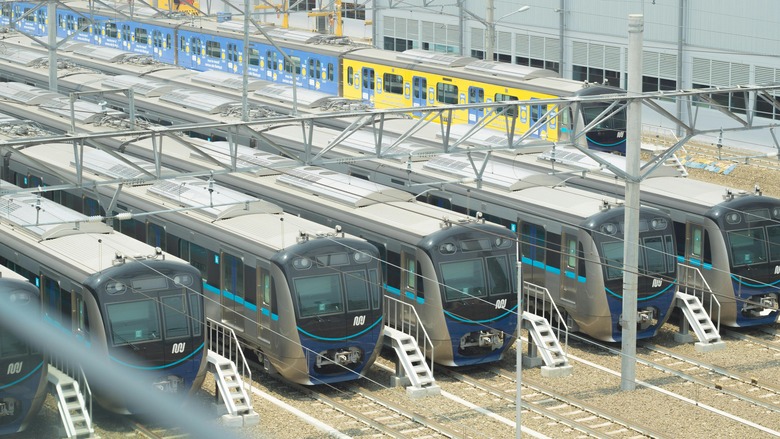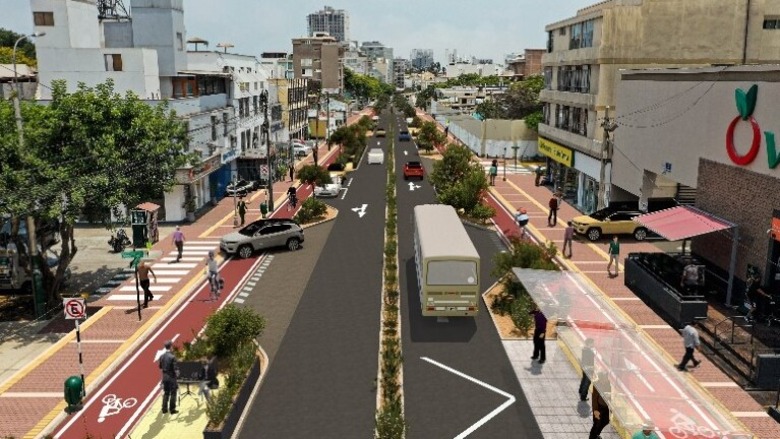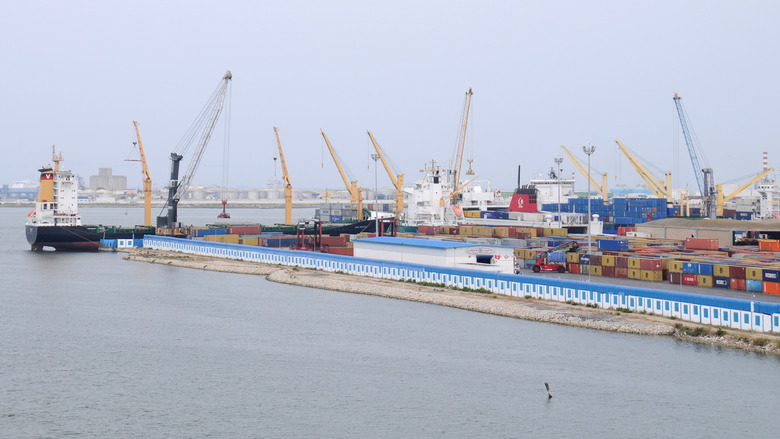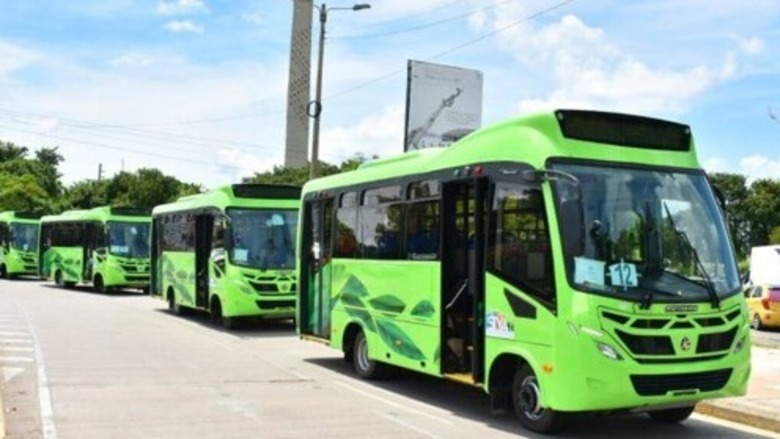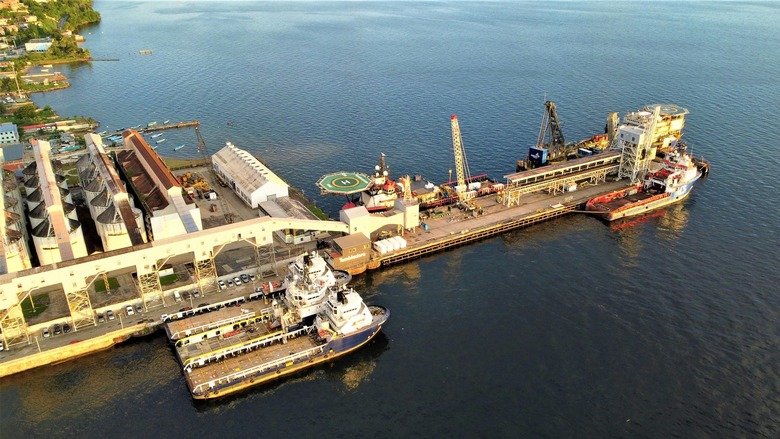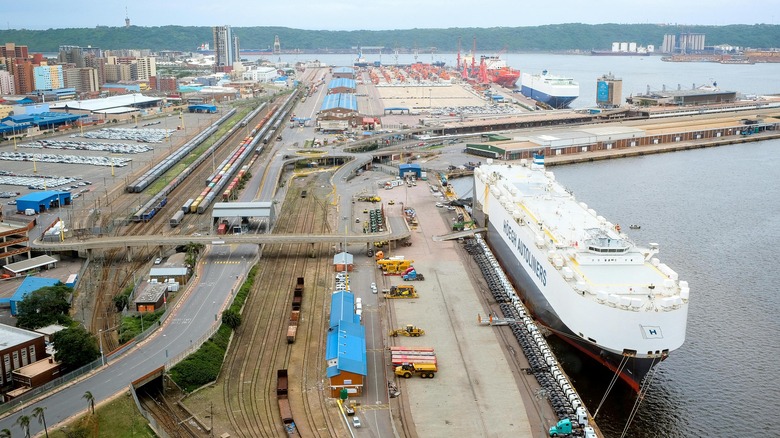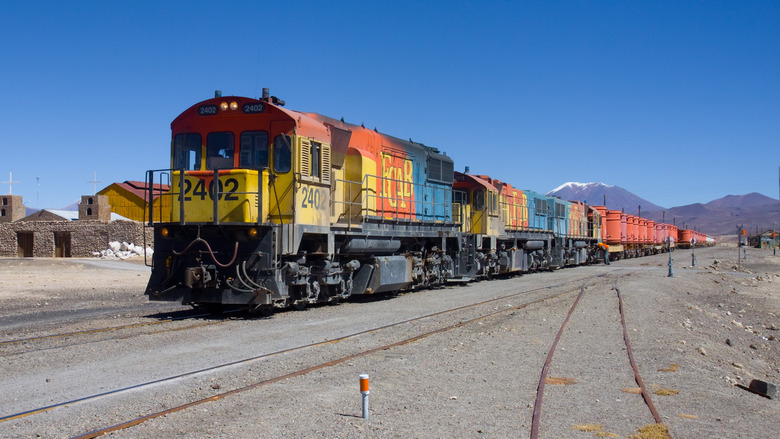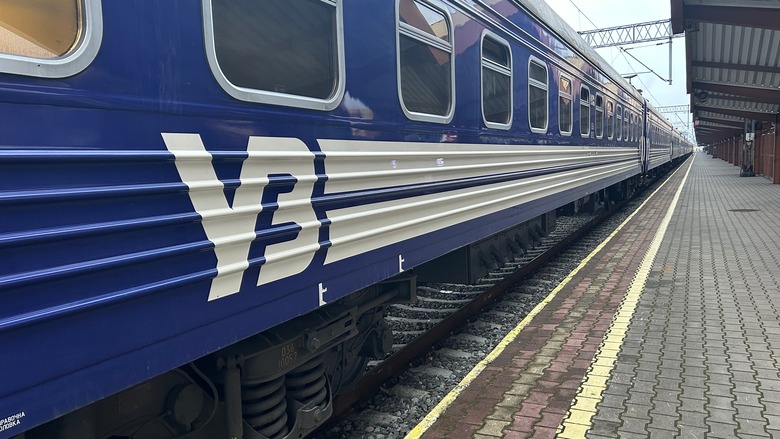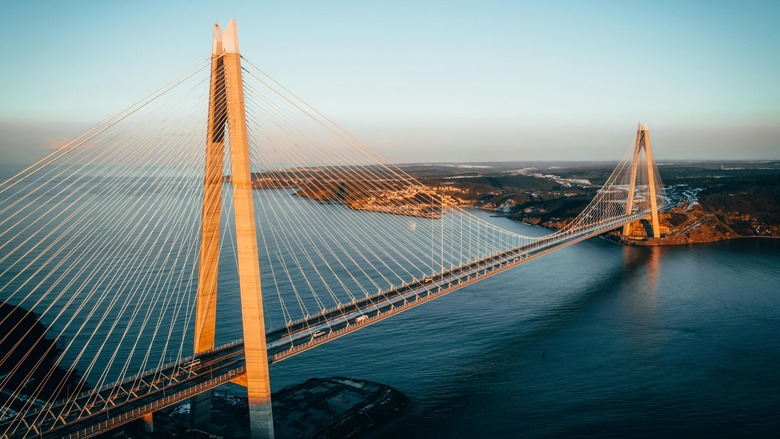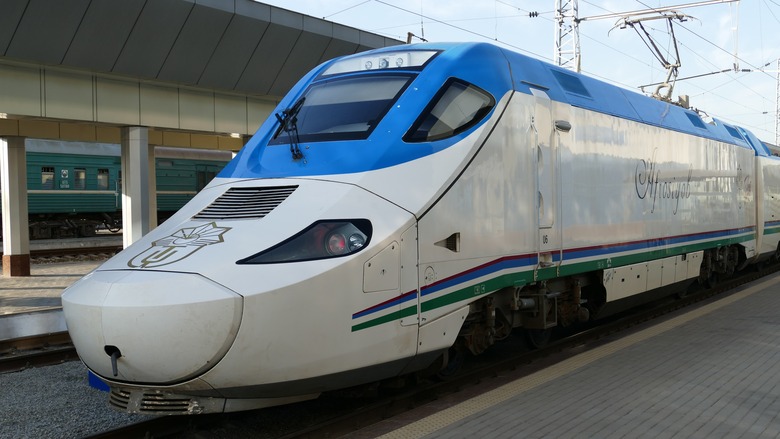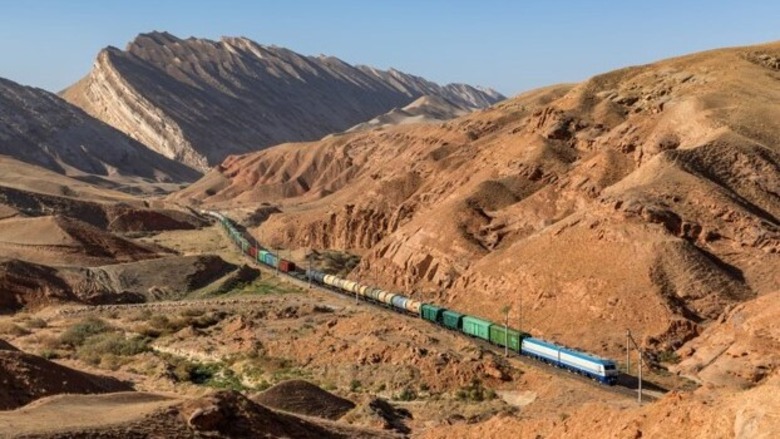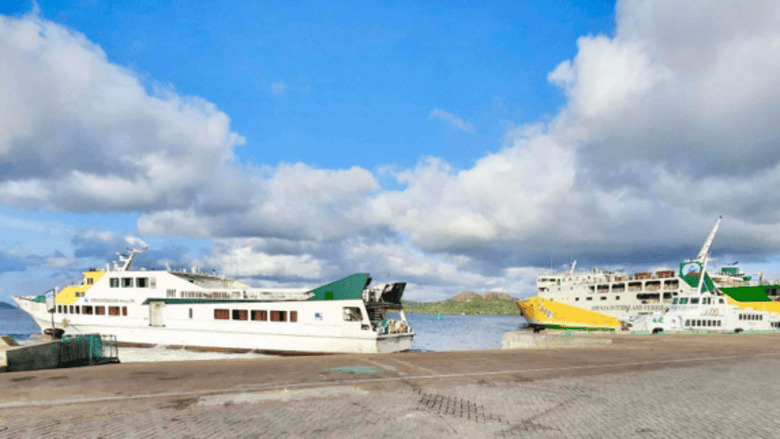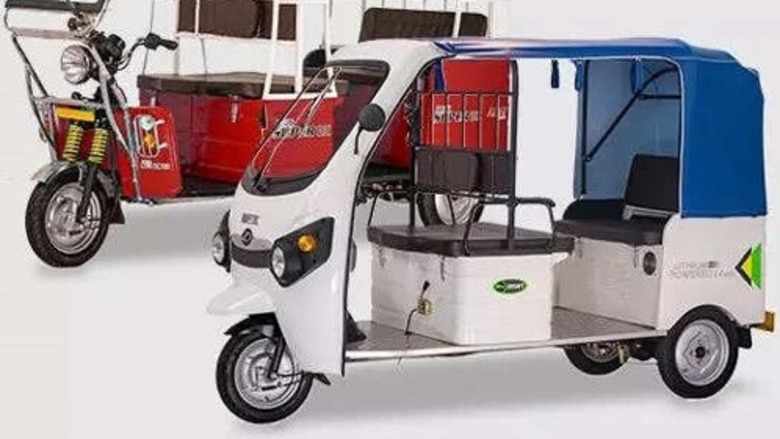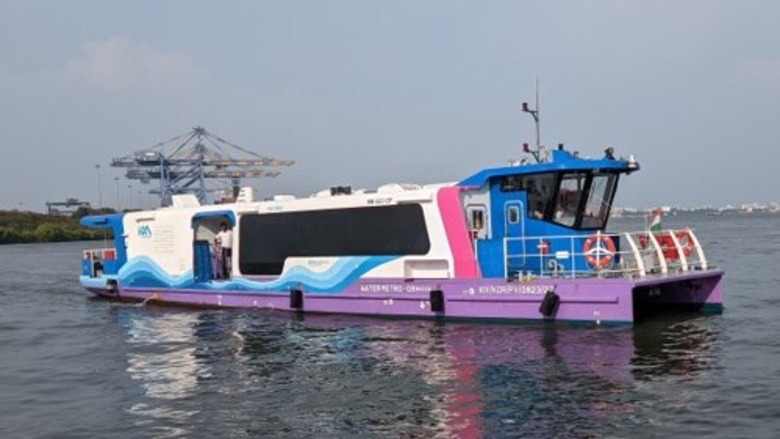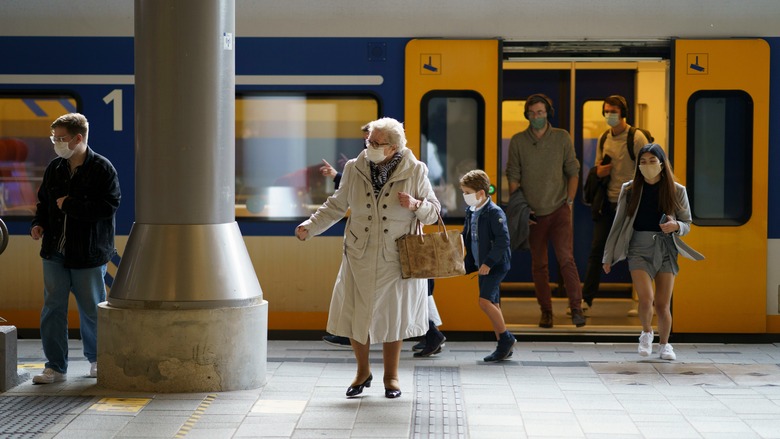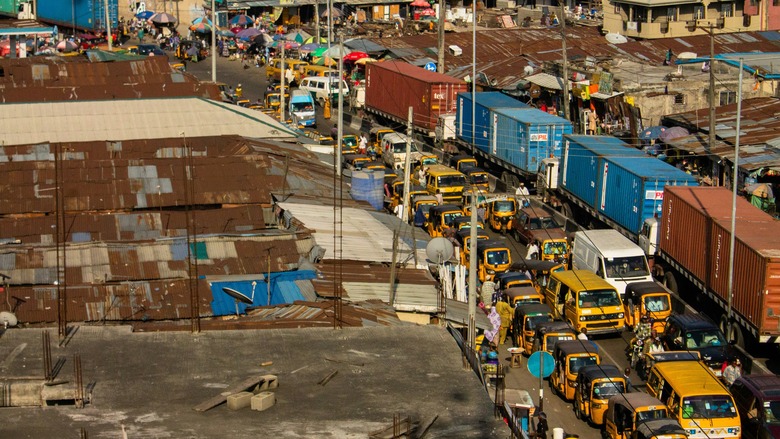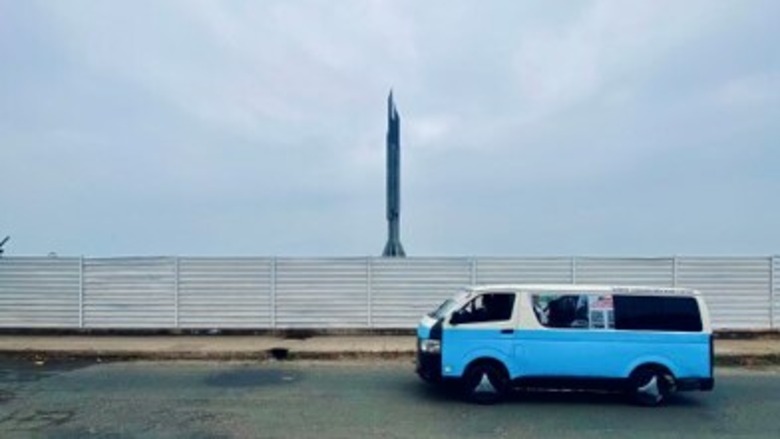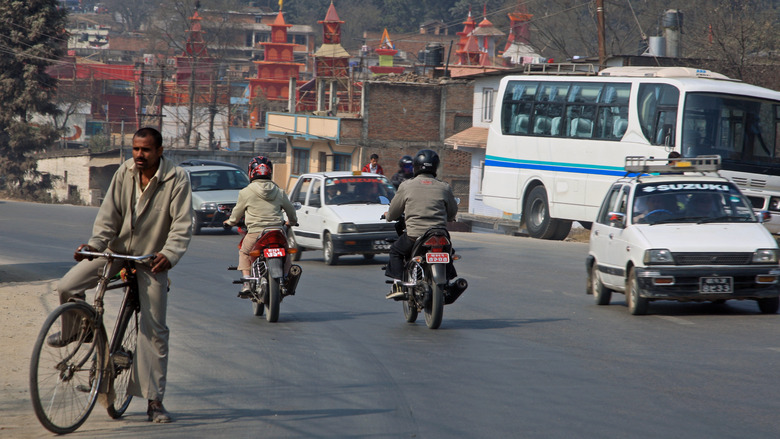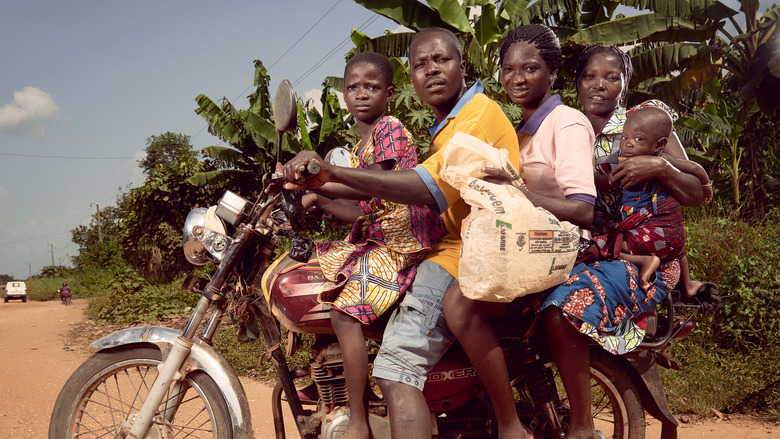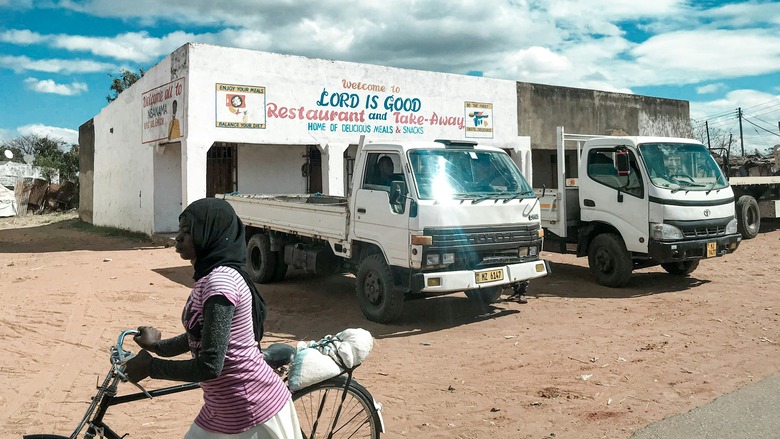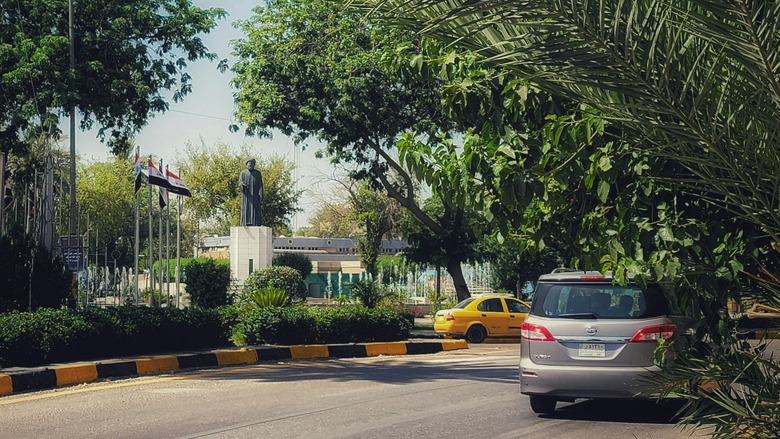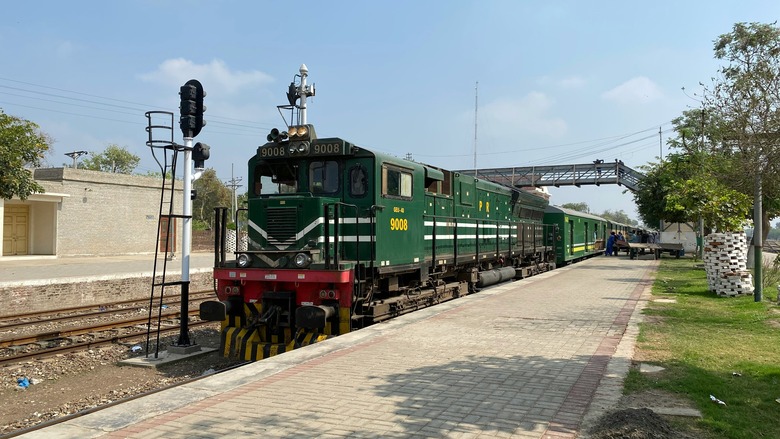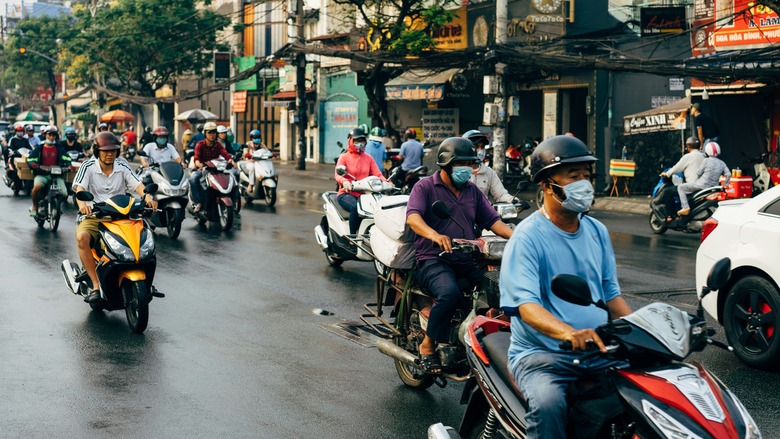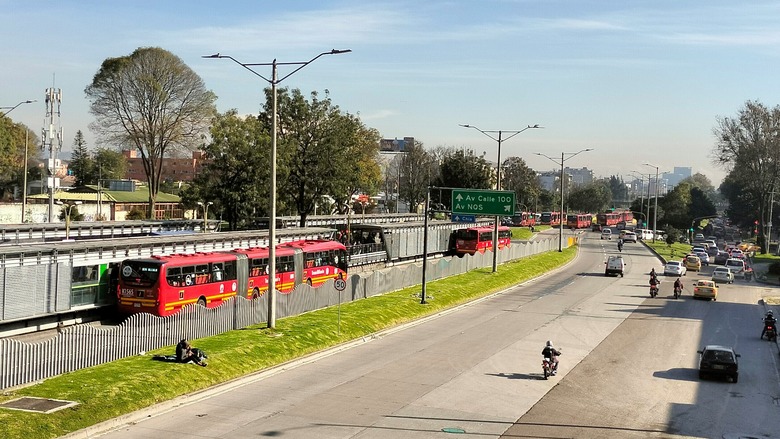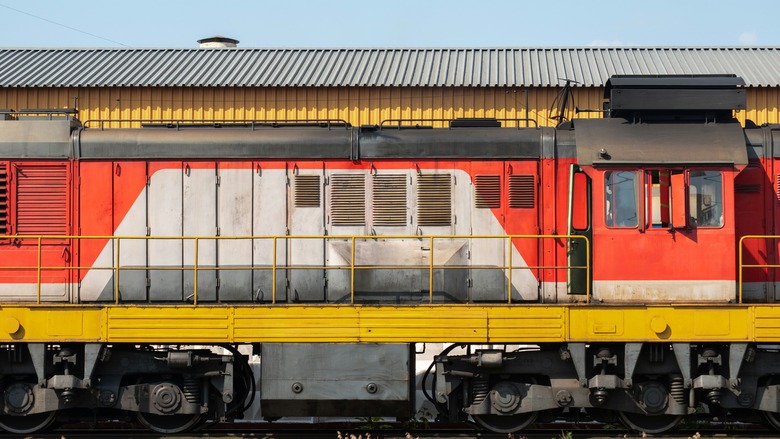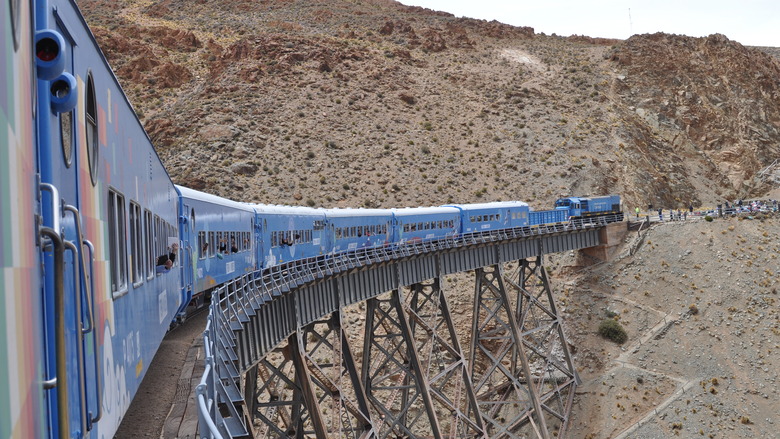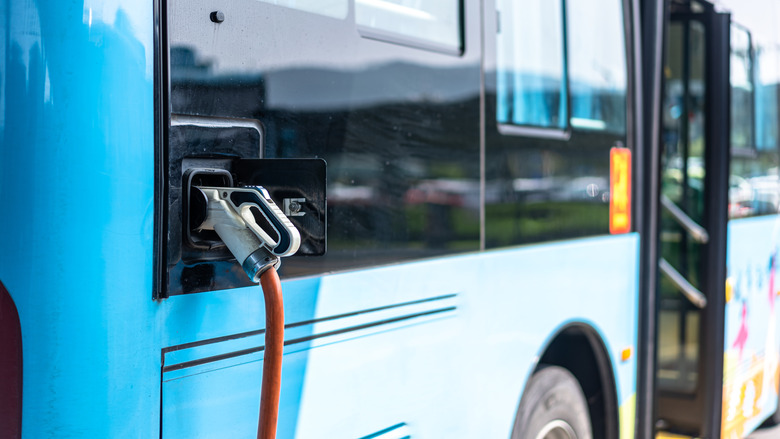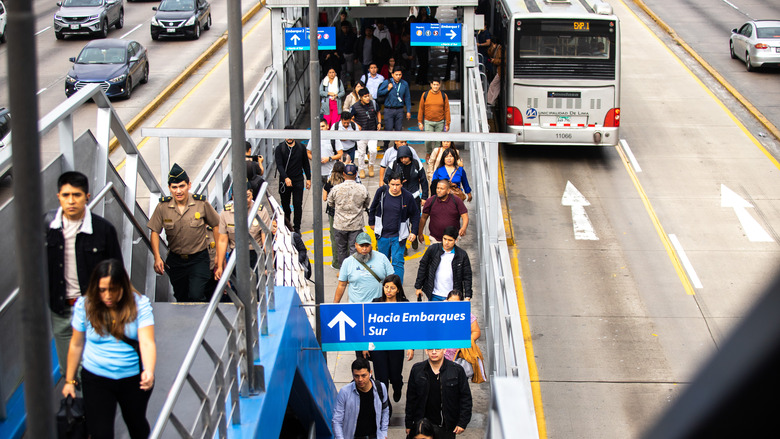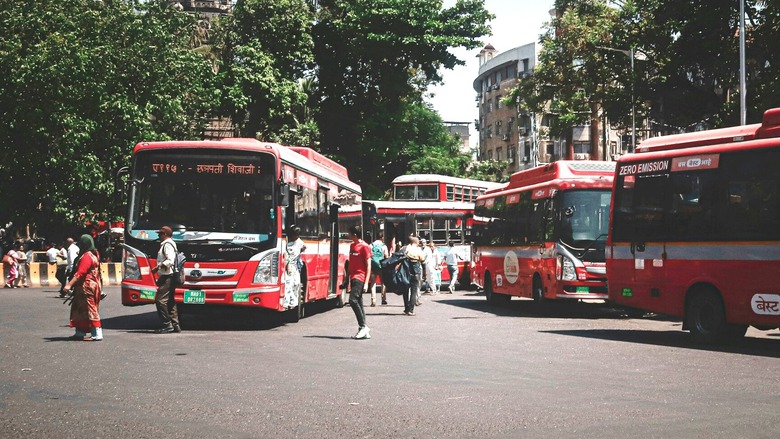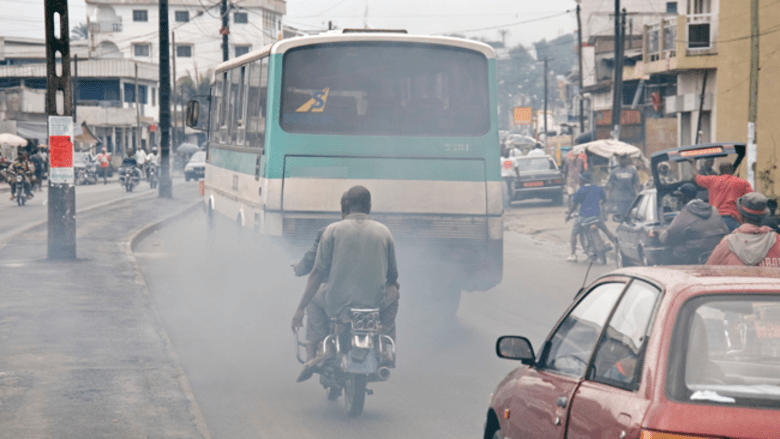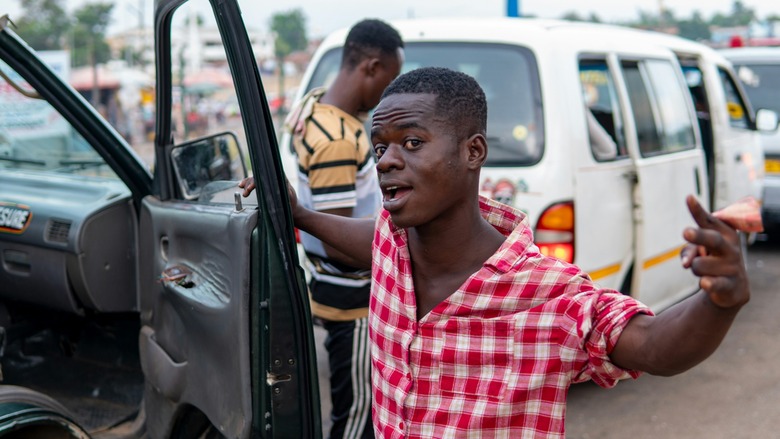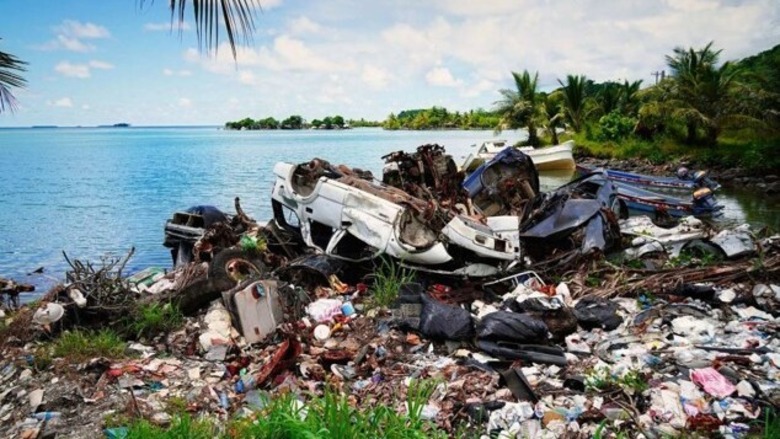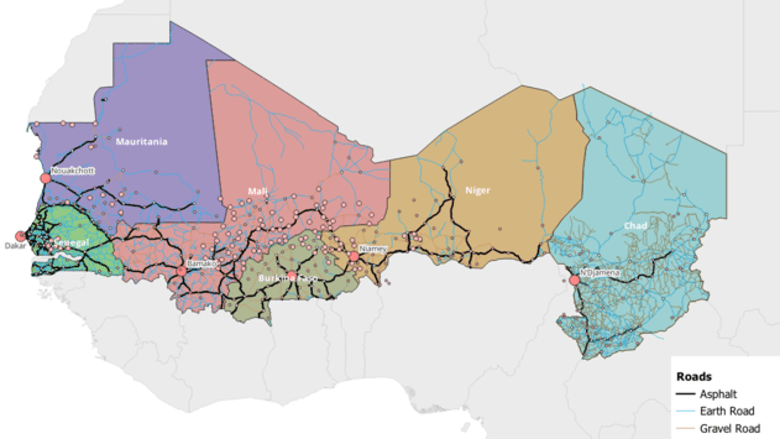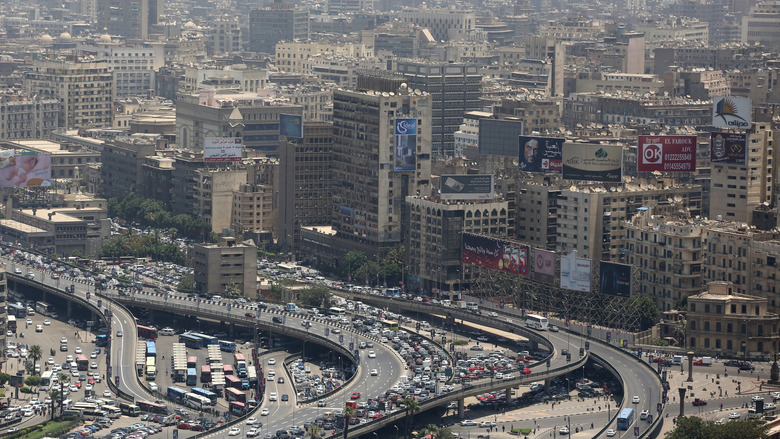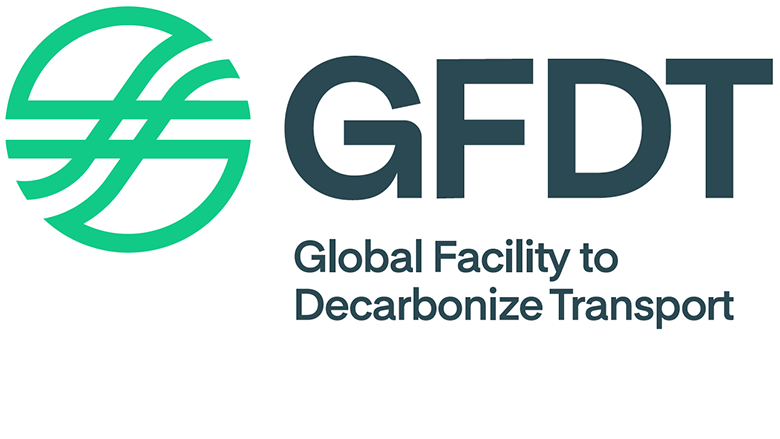Scaling Up Sustainable and Climate-Resilient Mobility in Peru’s Medium-Size Cities
Grant: $400,000
Peru’s medium-size cities, home to over 17 million people, face increasing congestion, inefficient public transport, rising emissions due to rapid urbanization and motorization, and increasing vulnerability to the impacts of climate change. To shift toward low-carbon, resilient, and inclusive urban mobility, this GFDT-funded activity will support the preparation of a future World Bank-financed Resilient Urban Mobility in Peru’s Medium-size Cities investment program, focusing on integrated public transport and non-motorized transport corridors in key cities: Arequipa, Trujillo, Chiclayo, Cusco, Piura, and Huamanga.
The activity will (i) identify priority transit corridors, cycleways, and pedestrian zones, (ii) identify intersections where traffic signaling, enforcement, or engineering interventions are needed to improve road safety, and (iii) advance the technical preparation of investment projects, including incorporating nature-based solutions to enhance their climate resilience. By strengthening urban transport planning and integrating public transport with walking and cycling networks, this initiative will help Peru’s cities reduce emissions, enhance accessibility, and promote inclusive and climate-resilient mobility. It will also inform a potential World Bank Multiphase Programmatic Approach (MPA), ensuring long-term impact and scalability across the country.
